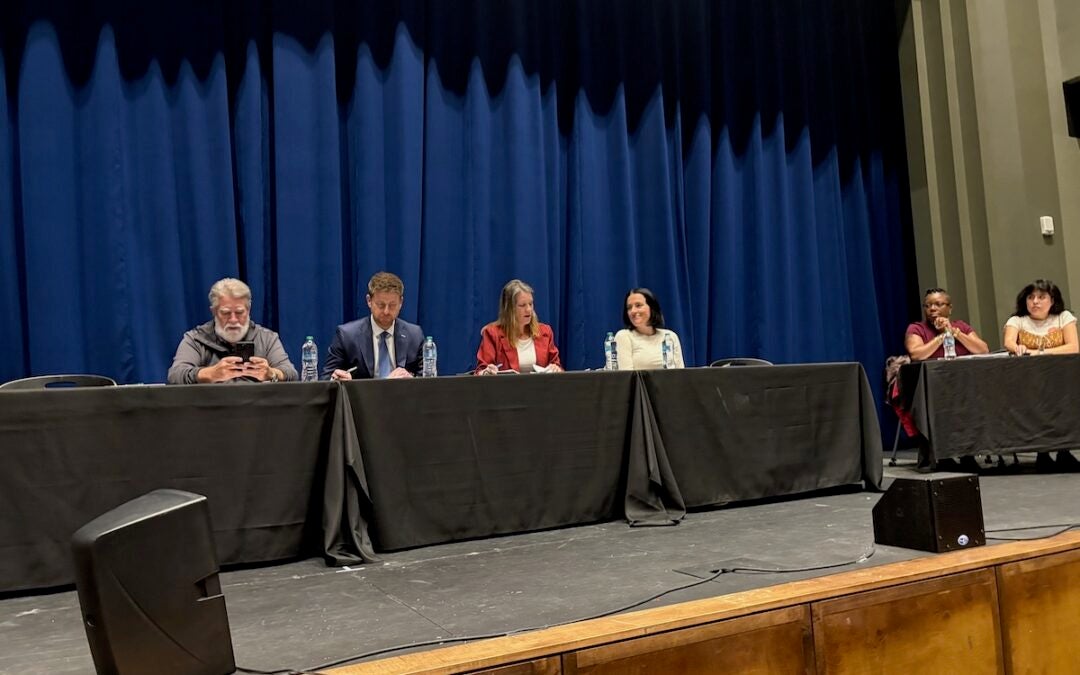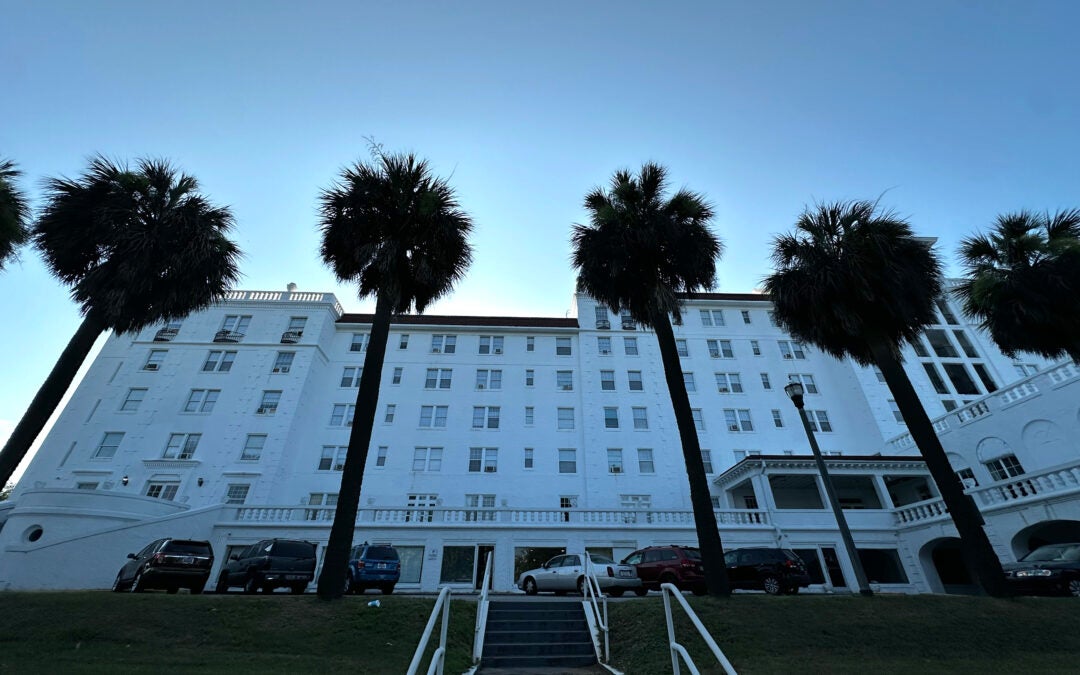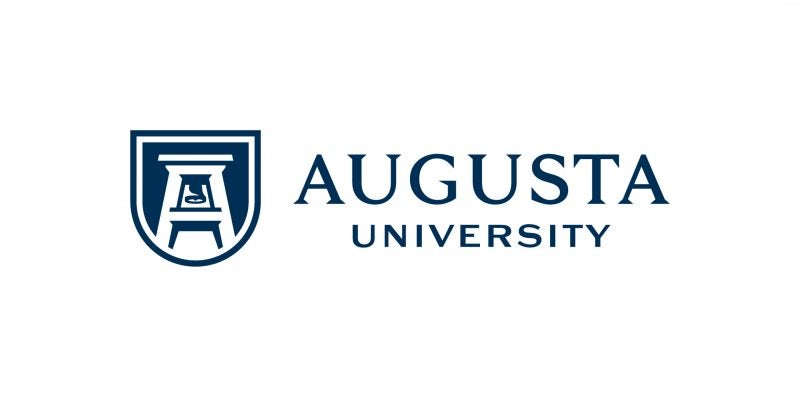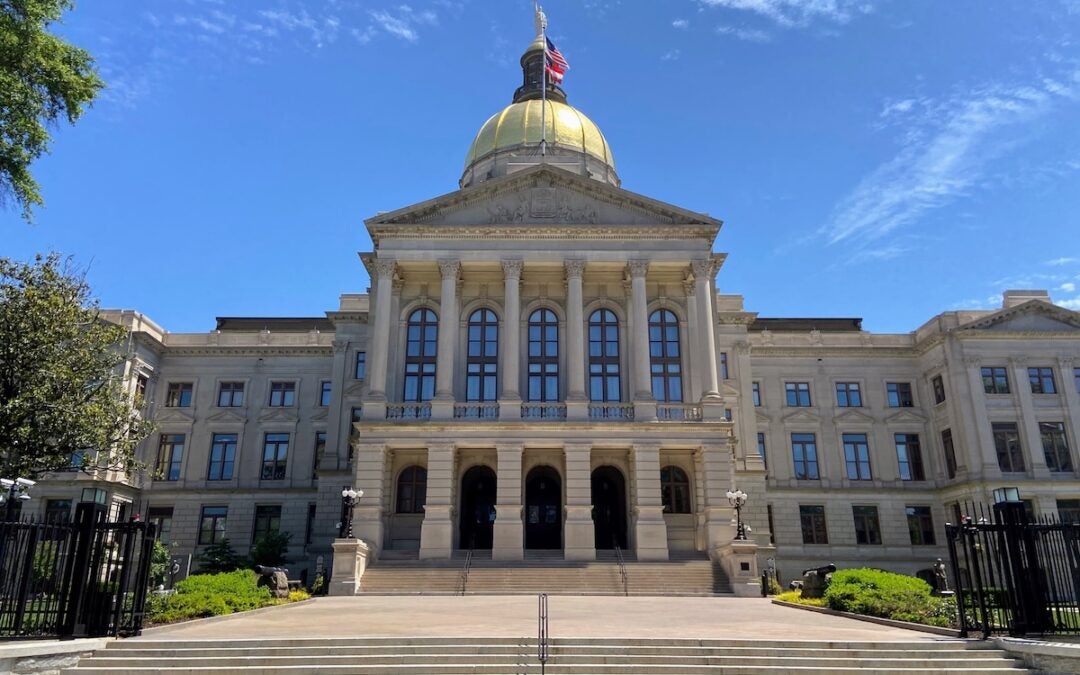Over the past two years, pharmaceutical companies, distributors and retail outlets have settled lawsuits pertaining to the opioid epidemic to the tune of some $80 billion, and the city of Augusta is named as one the many recipients of the funds.
According to the Centers for Disease Control and Prevention (CDC), 75% of all overdoses that killed 932,000 Americans between 1999 and 2021 were caused by opioids that were prescribed by a doctor.
Once doctors were compelled to end the practice of signing off on prescriptions without close scrutiny, the American Bar Association estimates that two million people were left with severe opioid addictions. Many of those people have sought synthetic street drugs such as fentanyl.
According to the Drug Enforcement Agency (DEA), two milligrams of fentanyl is lethal in humans; in comparison, a grain of salt (pinch) weighs 65 milligrams.
Attorney generals in states throughout the nation filed multiple lawsuits against companies they contend aggressively marketed and pushed drugs such as OxyContin, Percocet and other morphine-based drugs.
Defendants included Johnson & Johnson, AmerisourceBergen, Walmart, Jannsen Pharmaceuaticals and CVS/Walgreens, according to Kaiser Family Foundation, which is tracking the progress of the lawsuits.
In January, Georgia Attorney General Christopher M. Carr announced the state had signed off on a $26 billion multi-state settlement with several parties including Johnson & Johnson, which might explain why Augusta’s cut of the Jannsen Pharmaceuaticals settlement, $579,648, is so large. Johnson & Johnson is the parent company of Janssen Pharmaceuaticals.
Because the settlements are part of multiple lawsuits spread out across many states, it is still not totally clear what the final amount is that Augusta and other municipalities will receive or when that funding will be made available.
Augusta Mayor Garnett Johnson confirmed that the city will receive settlement funds but says the amount has yet to be disclosed.
According to the Kaiser Family Foundation, it appears that most funds will be dispersed in multiple payments over a decade, and the foundation released a flurry of documents showing Augusta will receive somewhere in the neighborhood of $850,000, according to the spreadsheets.
Some of the documents suggest that Augusta should be receiving the first payment in June, but the money has apparently not been released as the Augusta Commission would have to vote to accept the funds.
However, unlike the American Rescue Plan funding, which were federal funds that could be spent at the discretion of the Augusta Commission, within certain guidelines, the funding from the settlements must be spent under the specific directions of the courts.
“It has very specific requirements regarding its uses. It has to be focused on treatment, education and recovery,” Johnson said.
Scott Hudson is the Senior Investigative Reporter and Editorial Page Editor for The Augusta Press. Reach him at scott@theaugustapress.com










